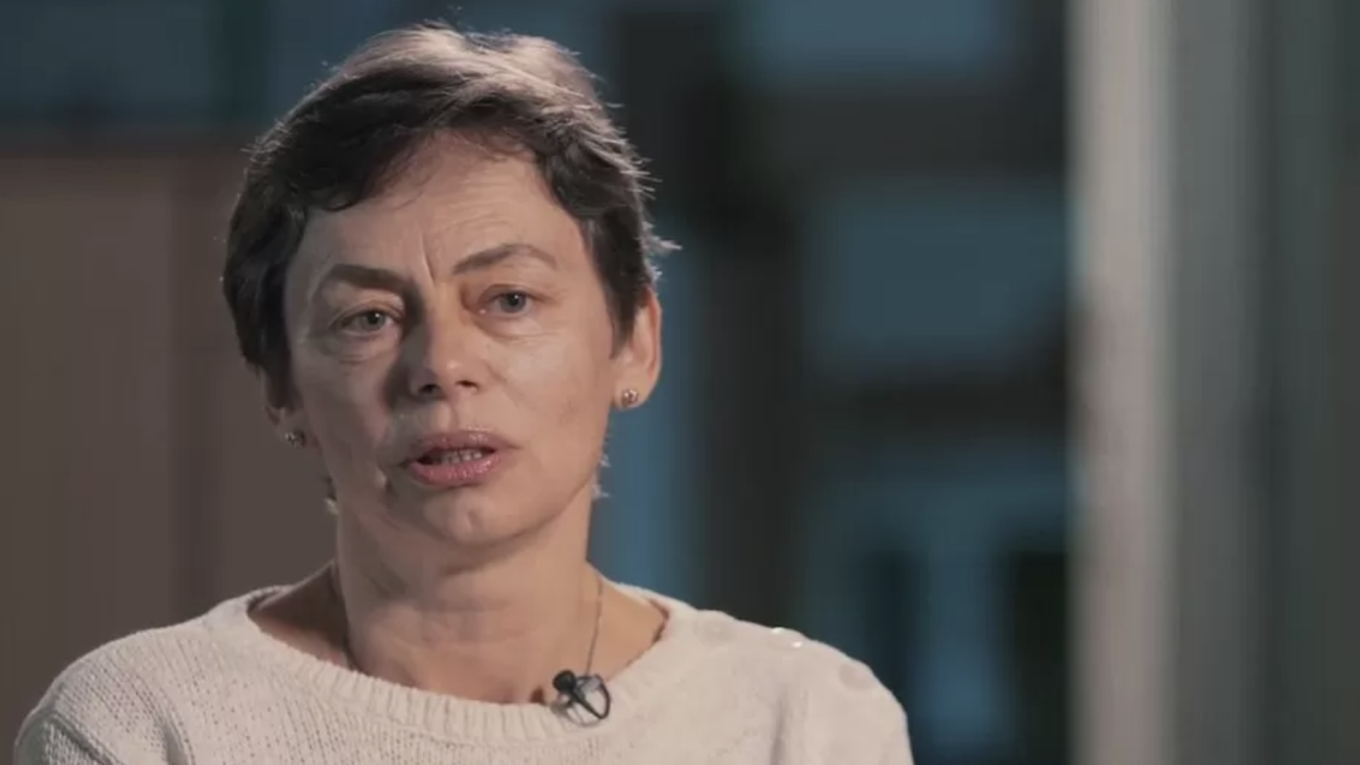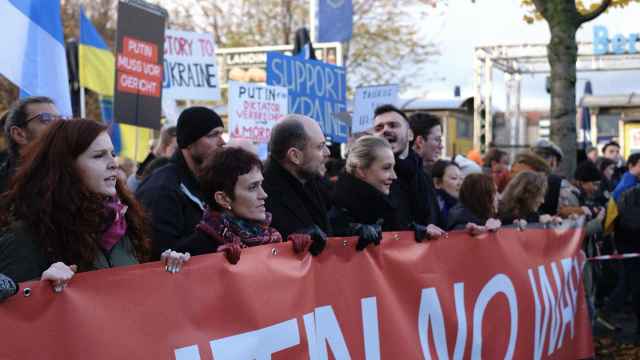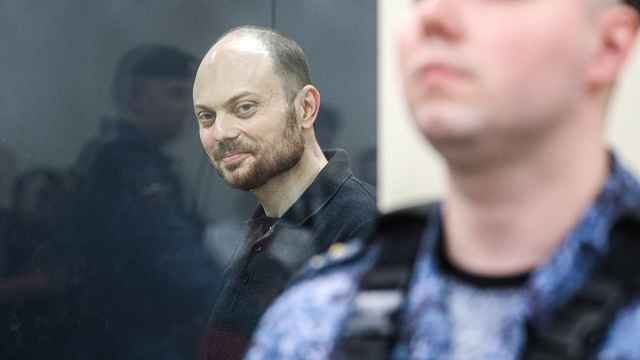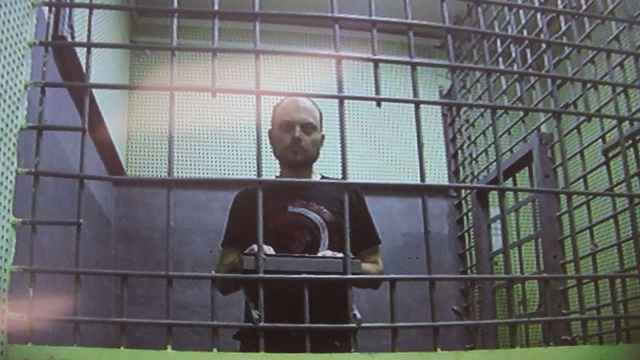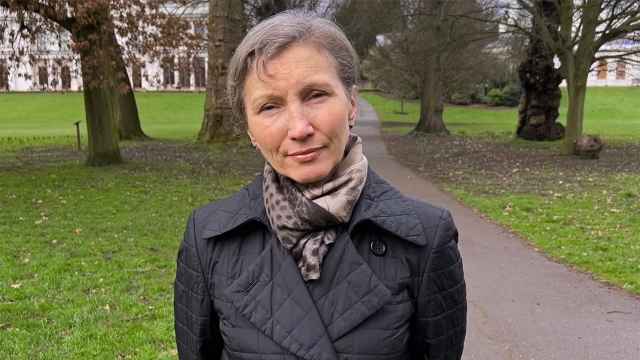Freed Kremlin critic Vladimir Kara-Murza on Tuesday denied earlier reports that his mother, who was hospitalized in Berlin, had been poisoned.
Berlin police had said that a Russian-German woman was taken to hospital and that they were "investigating on suspicion of attempted murder."
A police spokeswoman told AFP that the woman is a German-Russian dual citizen who "suspects that she has been poisoned" and German media identified her as a close relative of Kara-Murza.
However in a statement on his Telegram channel Kara-Murza said: "Mum is indeed in the hospital in Berlin, but the suspicions of poisoning and heart attack have proven incorrect, thank God."
"Doctors are continuing to examine her," he added.
The Berlin police spokeswoman had told AFP that the woman's blood, clothing and apartment were being checked as part of the investigation.
Kara-Murza himself survived two poisoning attempts and was freed from jail in Russia this summer as part of a prisoner swap with the West.
Russia has been implicated in a string of poison attacks abroad in recent years.
In 2020, Germany said Russian opposition leader Alexei Navalny was poisoned with the nerve agent Novichok. He died in unclear circumstances in an Arctic prison colony in February.
In 2018 former Russian double agent Sergei Skripal and his adult daughter were taken to hospital in critical condition in the U.K. Police said they were also poisoned with Novichok.
A Message from The Moscow Times:
Dear readers,
We are facing unprecedented challenges. Russia's Prosecutor General's Office has designated The Moscow Times as an "undesirable" organization, criminalizing our work and putting our staff at risk of prosecution. This follows our earlier unjust labeling as a "foreign agent."
These actions are direct attempts to silence independent journalism in Russia. The authorities claim our work "discredits the decisions of the Russian leadership." We see things differently: we strive to provide accurate, unbiased reporting on Russia.
We, the journalists of The Moscow Times, refuse to be silenced. But to continue our work, we need your help.
Your support, no matter how small, makes a world of difference. If you can, please support us monthly starting from just $2. It's quick to set up, and every contribution makes a significant impact.
By supporting The Moscow Times, you're defending open, independent journalism in the face of repression. Thank you for standing with us.
Remind me later.


